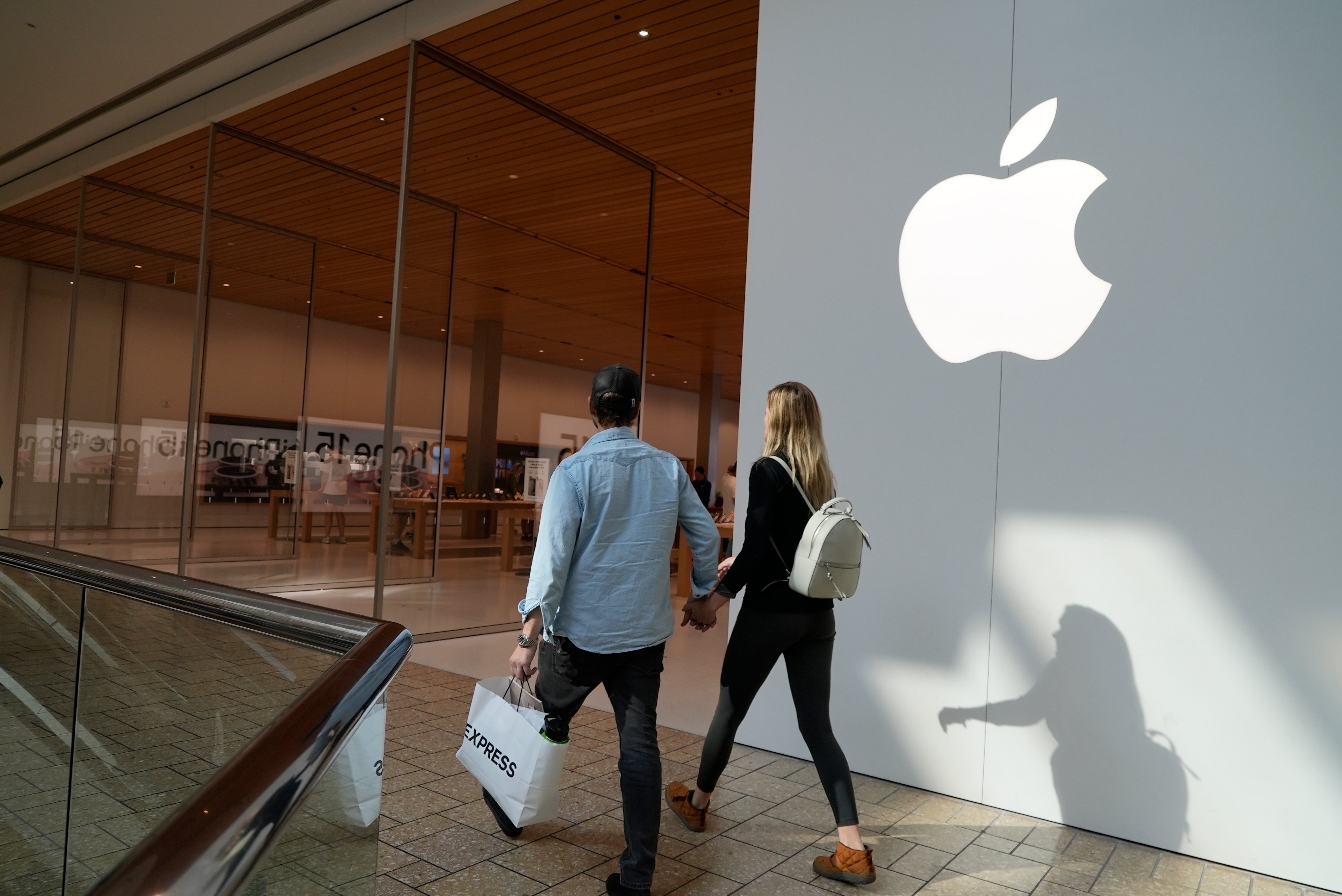Apple now requires court orders in U.S. to access push notification data
Apple is now requiring that U.S. law enforcement agencies obtain a court order for information on its customers’ push notifications — the alerts iPhone apps send users that can reveal a lot about their online activity

Your support helps us to tell the story
From reproductive rights to climate change to Big Tech, The Independent is on the ground when the story is developing. Whether it's investigating the financials of Elon Musk's pro-Trump PAC or producing our latest documentary, 'The A Word', which shines a light on the American women fighting for reproductive rights, we know how important it is to parse out the facts from the messaging.
At such a critical moment in US history, we need reporters on the ground. Your donation allows us to keep sending journalists to speak to both sides of the story.
The Independent is trusted by Americans across the entire political spectrum. And unlike many other quality news outlets, we choose not to lock Americans out of our reporting and analysis with paywalls. We believe quality journalism should be available to everyone, paid for by those who can afford it.
Your support makes all the difference.Apple is now requiring that U.S. law enforcement agencies obtain a court order for information on its customers' push notifications, the alerts that iPhone apps send users that can reveal a lot about their online activity.
Push notifications alert smartphone users to breaking news alerts, incoming messages, weather bulletins and other content.
The policy shift was not formally announced but rather appeared in an updated version of Apple's law enforcement guidelines posted online. Apple's main competitor in mobile operating systems, Google, already had such a policy in place for its Android system.
The Cupertino, California, company did not immediately respond to questions about it.
The privacy-enhancing policy was added following last week's disclosure by Oregon Sen. Ron Wyden that his office had received a tip last year that government agencies in foreign countries were demanding smartphone push notification data from both Google and Apple.
“Apple and Google are in a unique position to facilitate government surveillance of how users are using particular apps,” Wyden wrote Attorney General Merrick Garland on Dec. 6. Because servers at both companies process app data, they receive metadata associated with individual phones that could betray information potentially prejudicial to users.
Wyden did not identify the governments involved.
Google spokesman Matt Bryant said the company has always “required a court order” to compel disclosure of data associated with push notifications.
As for disclosure of such data when it is requested by a foreign government, Bryant said that would depend “on applicable law, which vary by region” and other considerations including international norms